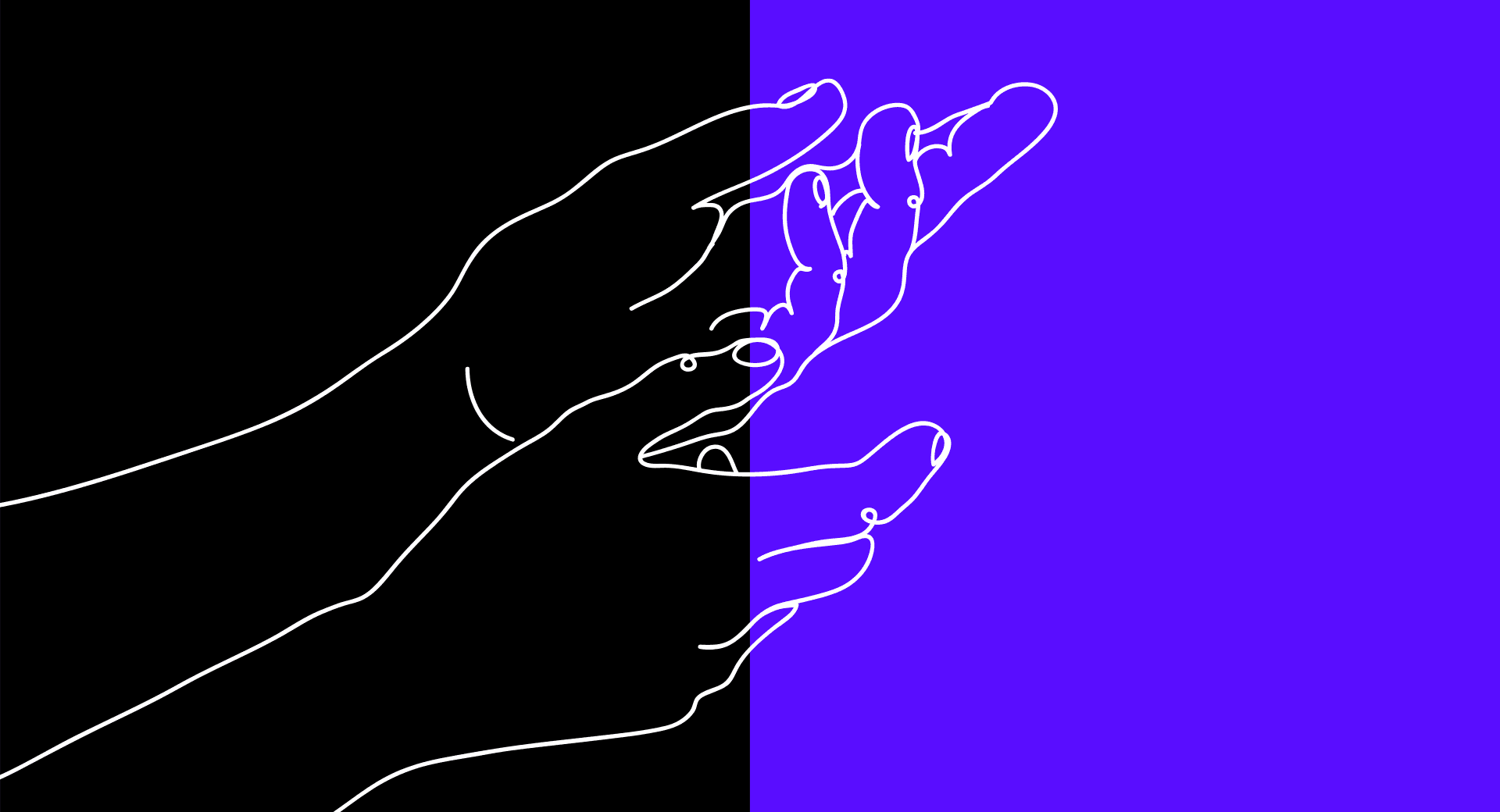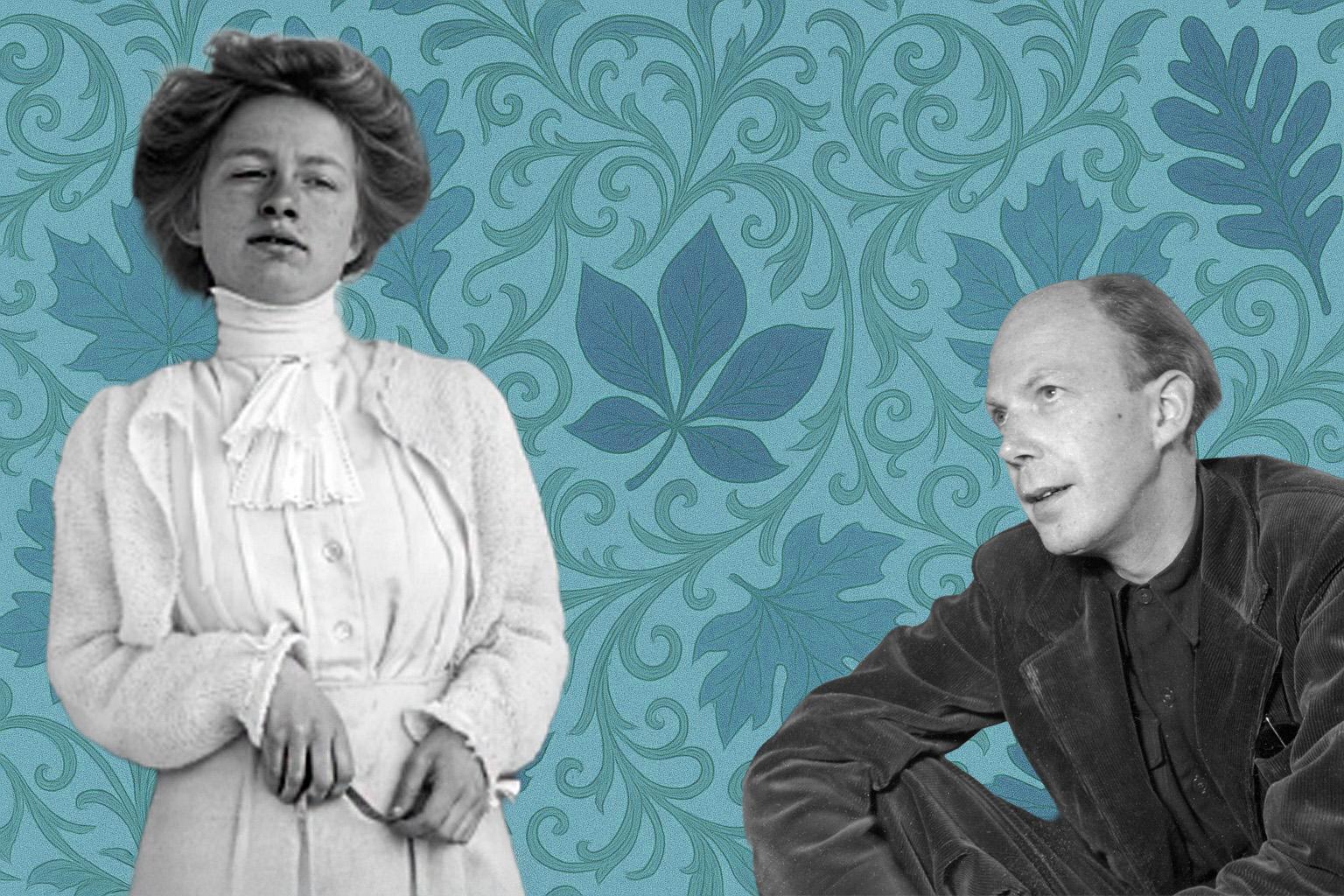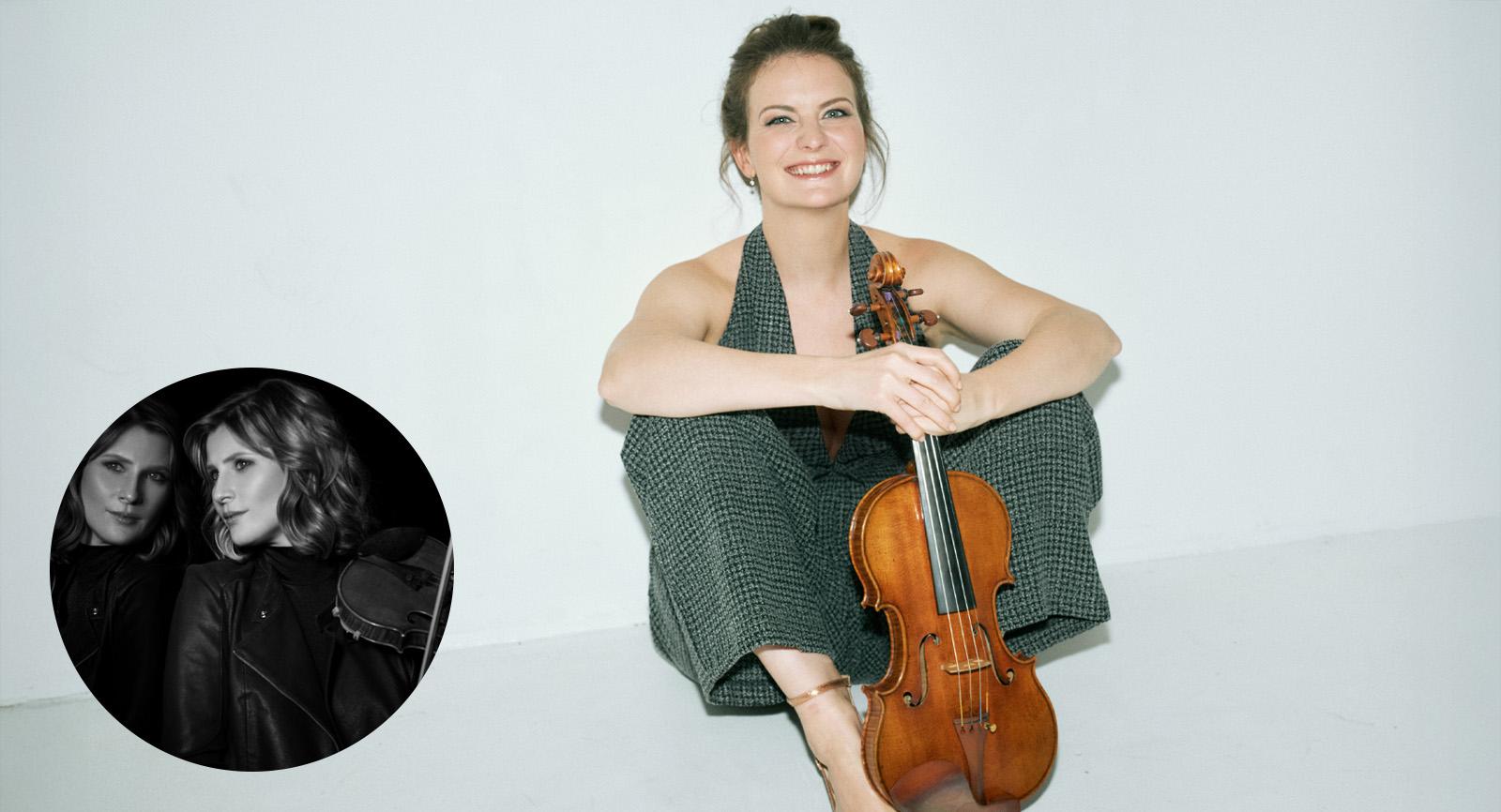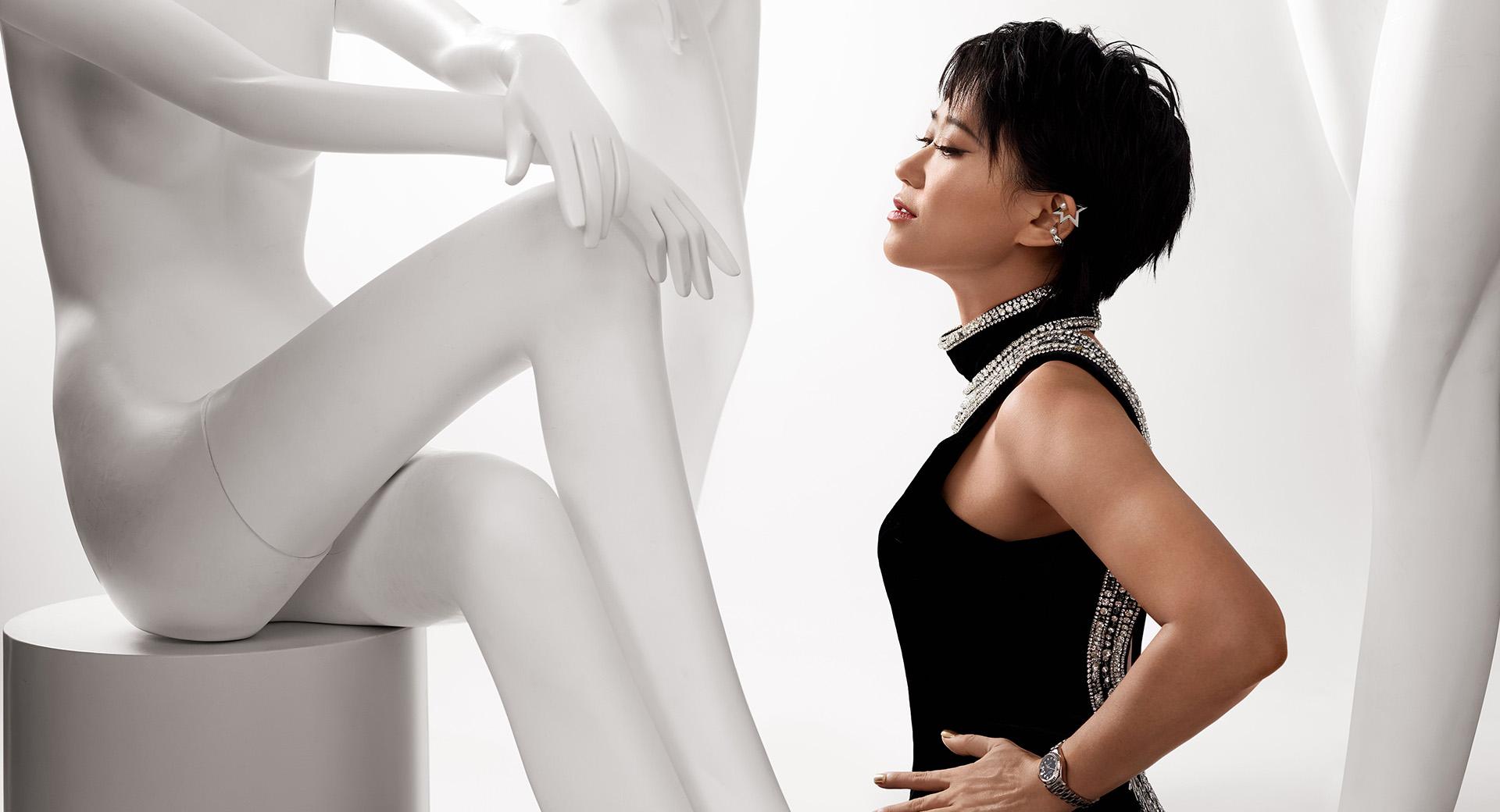Eric Ericson Award 2024
Three of the world’s best young choral conductors who have advanced from the semi-finals will now compete for victory at this Final Concert with the Swedish Radio Choir, Zero8 and S:t Jacob’s Chamber Choir. It will be a thrilling final with choral art at the highest level.
This production is part of one or more concert series.

Finalists are Alexander Lüken, Germany, Heide Müller, Germany, and Marcel Ortega I Martí, Spain.
The international competition for young choral conductors, the Eric Ericson Award, is organized in memory of Eric Ericson’s great cultural contribution as a choral conductor and pedagogue, and is today the world’s foremost choral conductor competition. The winner gets the opportunity to work with 10 of Europe’s leading radio choirs and receives a prize sum of SEK 100,000, provided by the Rosenborg Gehrmans Foundation. The two second prize winners each receive a scholarship of SEK 25,000.
The award strives to achieve a very high artistic and competitive level in choral conducting, corresponding to the status that Eric Ericson achieved worldwide during his active years.
The Eric Ericson Award is organized by Sveriges Radio under the auspices of Berwaldhallen, and in collaboration with the Royal The Musical Academy with the support of the Barbro Osher Pro Suecia Foundation, the Märta Christina and Magnus Vahlquist Foundation, the Rosenborg Gehrman Foundation, and the European Radio and Television Union (EBU). The competition is planned to be held every three years.
In 2021, Krista Audere from Latvia won the Eric Ericson Award and since then she has, as part of the award, given concerts with around ten European radio choirs. She has also been appointed as the first guest conductor for the Swedish Radio Choir.
In the finals, we get to meet the three finalists chosen from 84 applicants, as they conduct the Swedish Radio Choir in each choral piece from the Western music tradition. In addition, the men’s choir Zero8 and S:t Jacob’s Chamber Choir will also perform with their respective programs.
Text: Bengt Arwén
(Translated by Anna Rickman)



